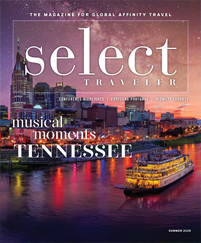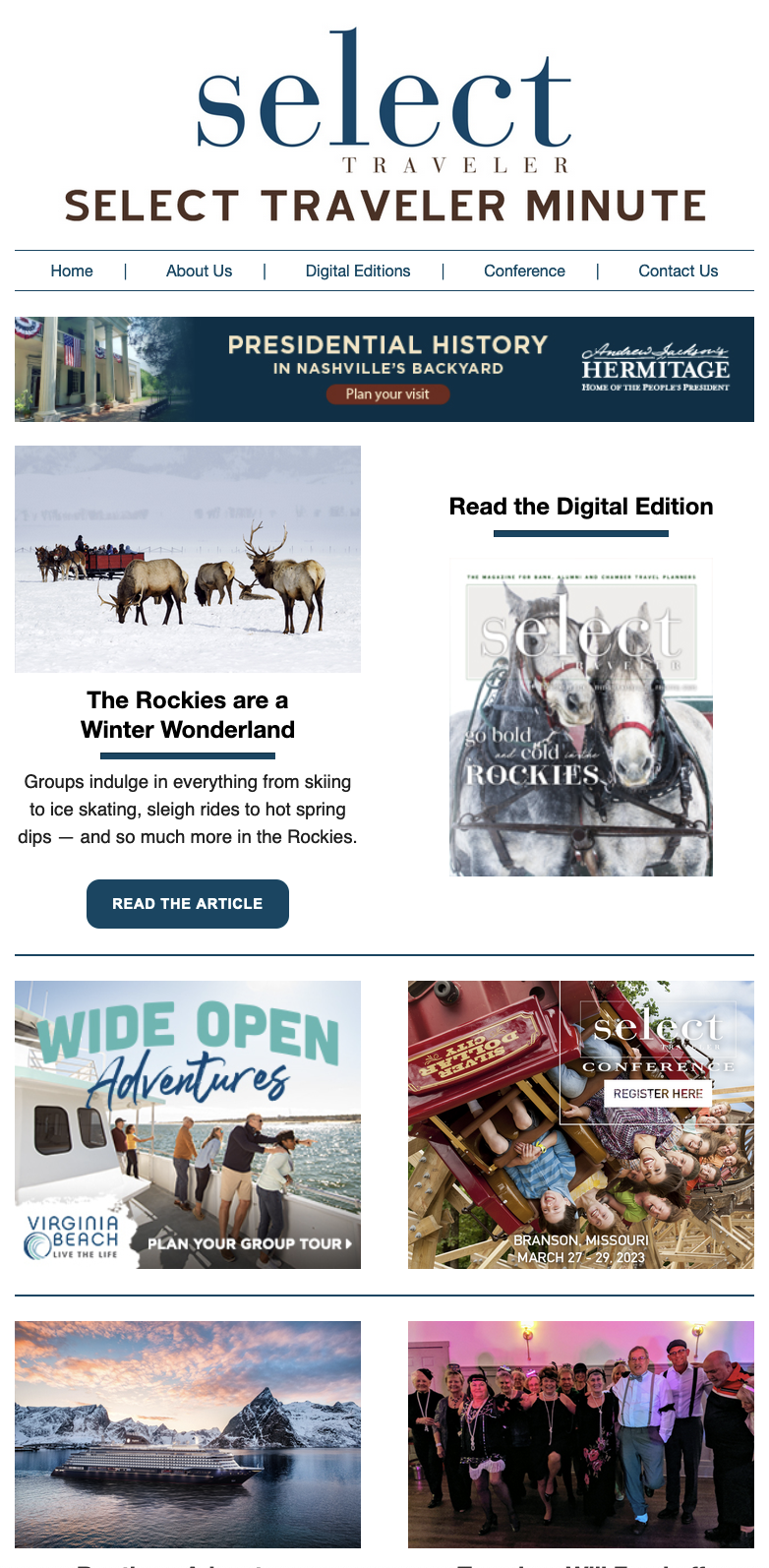Practical Tip: Travel Sunday Through Saturday
A weeklong trip could conceivably begin on a Wednesday and end on a Tuesday, but it would be difficult to get anyone but retirees to come along. If you’re aiming to attract some travelers who still have regular jobs, you’ll make your trips most attractive by confining them to one calendar week. And though it might be tempting to stretch the trip from the beginning of one weekend through the end of the next, working travelers will appreciate having one weekend day before the trip to pack and another afterward to recover before returning to the office.
Practical Tip: Include a Free Day
Tours are often fast-paced, but nobody wants to go hard from sunup to sundown for seven days straight. Including a free day somewhere in the middle of a weeklong trip has a number of benefits. In addition to giving travelers the opportunity to go out and explore on their own, it gives you a chance to catch your breath and relax. It can also help with interpersonal dynamics, as even friends can grow tired of one another after being together for more than a few days.
Practical Tip: Mix Up Hotels
If you’re traveling for a week, it’s likely you’ll be using various hotels in numerous cities throughout the course of your trip. Since the type of property you use can have a substantial impact on your travelers’ experience as well as your trip budget, use this as an opportunity to build some variety into a trip. You might use a limited-service chain in one city and a distinctive local inn somewhere else, and then finish with a night or two at an upscale lodge or a swanky downtown hotel. Even one night in a beautiful property will make an impression on your group.
Practical Tip: Include Trip Insurance
As the length of a trip increases, so does its price. A weeklong tour can easily cost $2,000 or more per person, no small sum for most people. When you’re asking customers to invest this much in traveling with you, it’s a good idea to help them protect that investment with insurance, which will return some of their payment if a medical issue, weather event or family emergency interrupts their trip. The best way to handle this is to purchase insurance in bulk and include it in your trip’s overall price so that every traveler has it.









